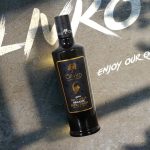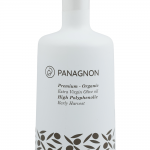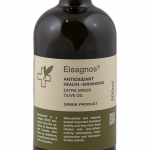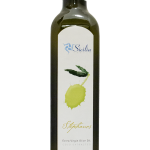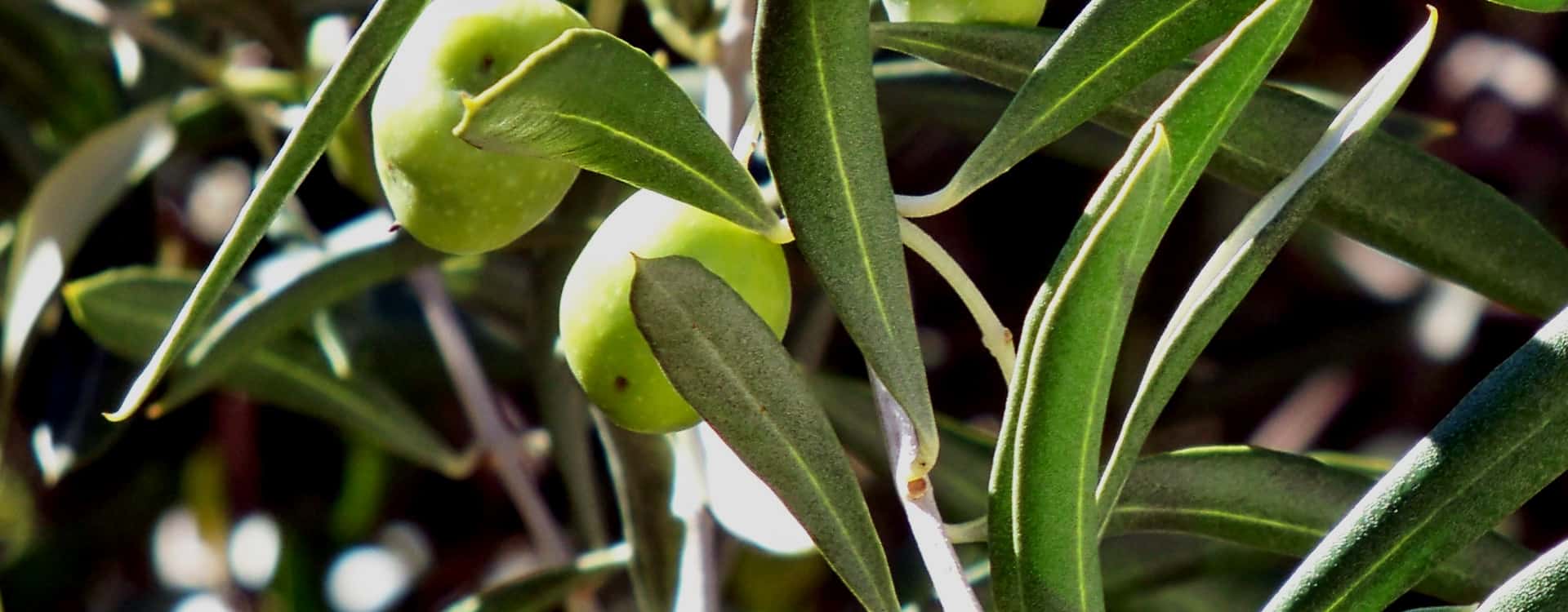The Mediterranean diet is well known for its variety of positive health benefits, many of those benefits attributed to the ample consumption of extra virgin olive oil (EVOO).
Several studies have recognized the role EVOO plays in reducing oxidative stress, which is a key factor in the pathogenesis of Alzheimer’s and other neurodegenerative conditions.
Oxidative stress can cause changes to DNA, lipids and cellular proteins, and neurons are particularly vulnerable to the attacks of free radicals that result as a consequence of oxidative stress.
Although Western countries have a high life expectancy, neurological conditions such as Alzheimer’s are on the rise, which greatly reduce quality of life and place substantial burden on public health services.
Alzheimer’s is characterized by B-amyloid (AB) peptide plaque deposits in the brain, which is both initiated and driven by oxidative stress.
Nutrition plays an important role in reducing oxidative stress and the development of such conditions as key nutrients provide bioavailable antioxidants and powerful compounds that can mitigate the effects of free radicals.
Extra virgin olive oil is one nutritional agent that has been noted to fight a variety of conditions that are amplified by oxidative stress, including atherosclerosis, cardiovascular disease, and cancers. Most notably, these effects are due to biologically active phenolic compounds that are present in EVOO, including tyrosol, hydroxytyrosol, oleocanthal, oleuropein, oleic acid to name a few.
Other phenolic compounds, hydroxycinnamic acids such as p-coumaric, ferulic, caffeic and vanillic acids, have been investigated in more than 97 studies and have also been shown to be efficiently absorbed.
Compared to other oil varieties, hydroxycinnamic acids are particularly high in extra virgin olive oils made from the Picholine olive variety. Therefore, a recent study published in Cytotechnology sought to determine the neuroprotective effect of EVOO, with a particular interest in determining if the benefits could be attributed to the hydroxycinnamic acids.
The researchers used a commercial variety of Picholine EVOO from Southern France to determine hydroxycinnamic acid concentrations, performing the tests on human neurotropic cells incubated over a total of 90 hours under standard measurement procedures for testing the neuroprotective effect of such agents. The cells were treated with various dilutions of EVOO ranging from low concentrations of 1/10000 to higher concentrations of 1/100.
As expected, higher concentrations did show greater benefits. However, even lower concentrations of 1/10000 to 1/1000 showed that EVOO does have a neuroprotective effect against AB toxicity in certain cells. And more than this, the researchers established that some of this effect is attributed to the hydroxycinnamic acid content.
They suggest further research exploration into foods containing hydroxycinnamic acids could be a promising therapeutic strategy for oxidative stress reduction in neurodegenerative disorders.
